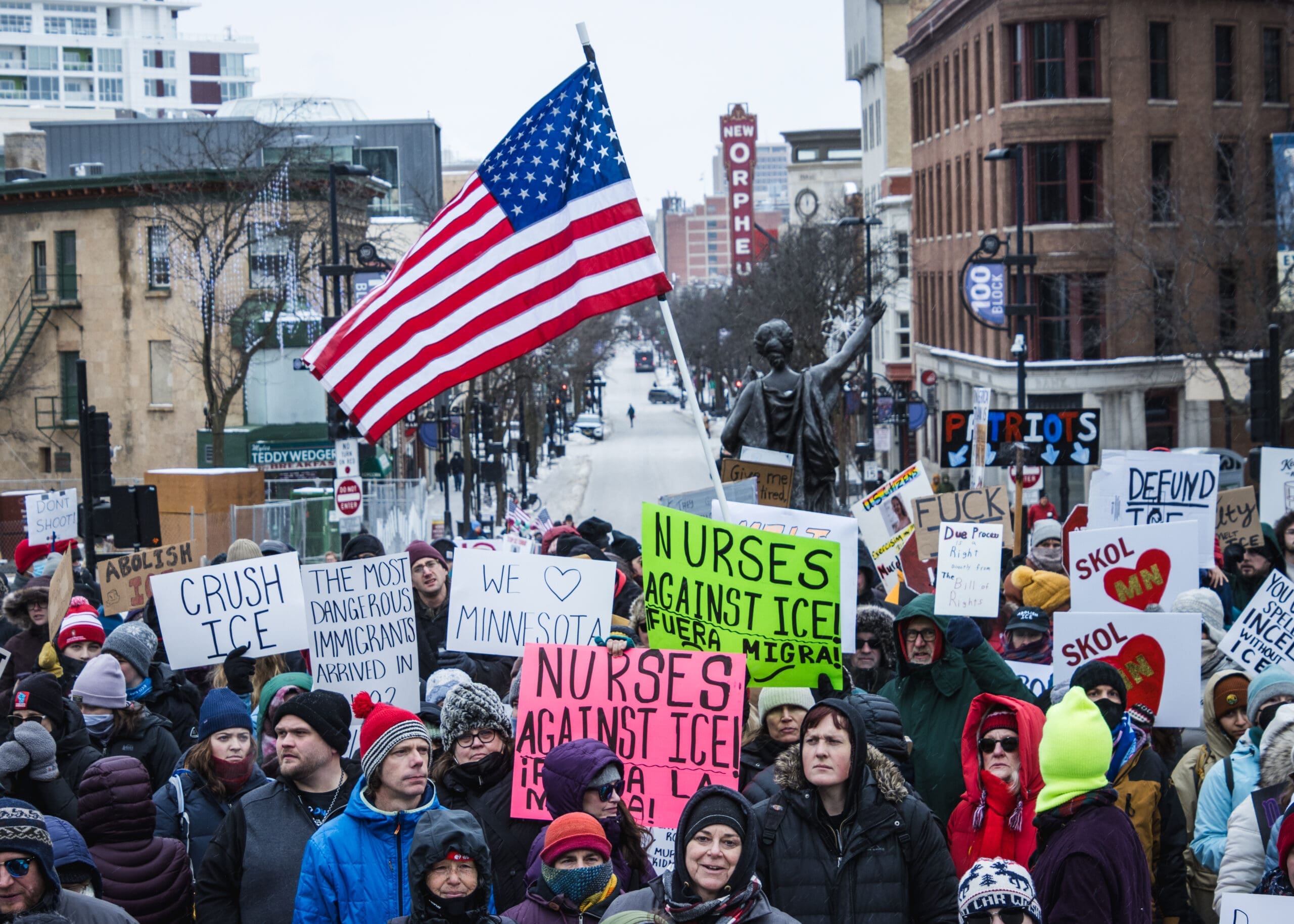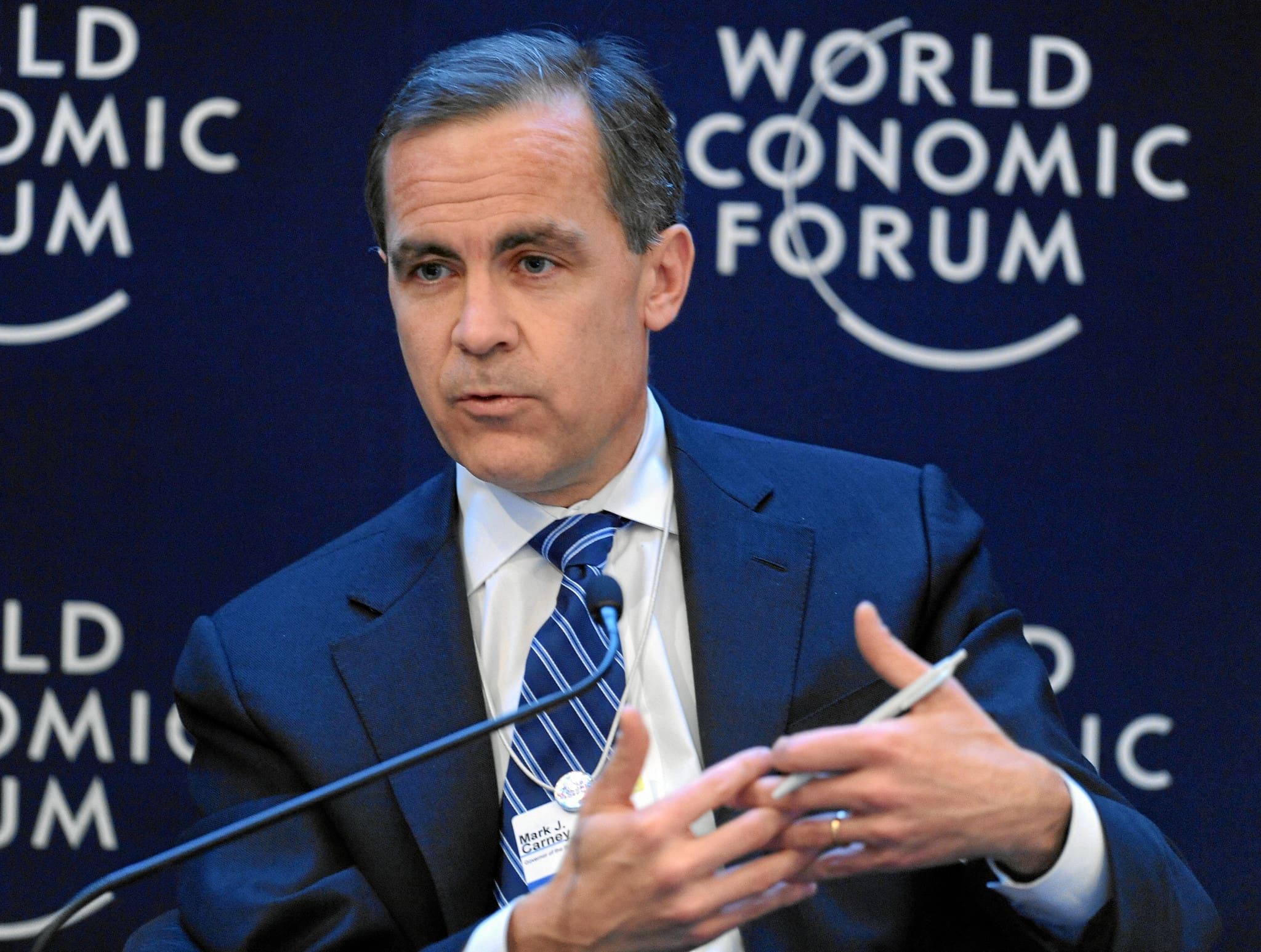Tomorrow (21 February), Finance Minister Enoch Godongwana will deliver his annual budget speech at Cape Town City Hall. Facing a challenging economic landscape and looming national elections, this budget carries the weight of the future for many young people in South Africa.
“I will definitely be watching, it’s really important, and I feel as if many more young people should watch it,” says Stuart, a 22-year-old Bachelor of Science and Agriculture student at Stellenbosch University. “The national budget speech affects everyone’s lives and families whether they like to believe it or not.”
“[The budget speech] shows the allocation of funding in the country and what money is going to where, this has a huge influence on the running of our country and the future we are heading into, especially with our country being as volatile as it is for young people like me,” he says.
Many young people will be casting their votes for the first time in the upcoming 2024 national elections. With a large number of newly registered voters emerging from the youth, their influence can potentially bring about change. However, it is uncertain whether the budget speech will affect how young voters choose to cast their votes. What aspects of the budget allocation are their main concerns?
Read more: The 2024 Elections Belong to the Youth
“I am particularly concerned about the allocation towards public health, with specific reference to their allocation towards junior doctor placements,” says a 23-year-old medical student at the University of Cape Town.
The ongoing health crisis aggravated by the supposed lack of funding for community service doctors in South Africa is a precarious issue for young doctors and medical students.
“Coming from someone who is a medical student and will soon be taking on that role, and as someone who can testify how critical a role community service doctors play in our health care systems, I am very eager to know how the government chooses to allocate funds towards this aspect of the budget,” they say.
Funding for government hospitals and the police “are my priority,” says Kaya, a 20-year-old working in Cape Town, who also noted the Tax rate and public services as her areas of interest in the budget.
How the budget speech addresses the rising cost of living is a concern for most South Africans, the youth included.
“For families living on grants the annual budget plays a significant role in your life,” says Jack, a 19-year-old engineering student originally from Johannesburg. “Transportation costs and how the change in budget will impact the cost of living are also areas I will follow up on,” he says.
“I hope to see the Eskom debt relief bill addressed again and things like government spending, taxes and economic growth,” says 19-year-old Oscar, who sees the annual budget speech as an opportunity for accountability and transparency.
“The budget speech has direct implications for the upcoming elections, primarily because the way a governmental body or party chooses to allocate their funds is one of the main reasons that will sway or push away voters,” says the 23-year-old medical student.
But for some of the young people who spoke with Explain, whether or not their concerns are addressed in tomorrow’s budget speech will not alter where they plan to place their vote.
“This is the first election I will be voting in and my vote is already set,” says Jack.
“At this stage it is not necessarily what is being allocated but more so the efficiency of the allocation. It’s sad that with our history of corruption, they may allocate so much but only a percentage of that money is utilized to its true intent,” says Stuart, who has already made his decision for the upcoming elections.
As South Africa prepares for the unveiling of its financial roadmap, the voices of the youth serve as a reminder that while the annual Budget speech may shape policies, the youth will decide whether their anxieties have been addressed at the voting polls.
Emma is a freshly graduated Journalist from Stellenbosch University, who also holds an Honours in history. She joined the explain team, eager to provide thorough and truthful information and connect with her generation.




